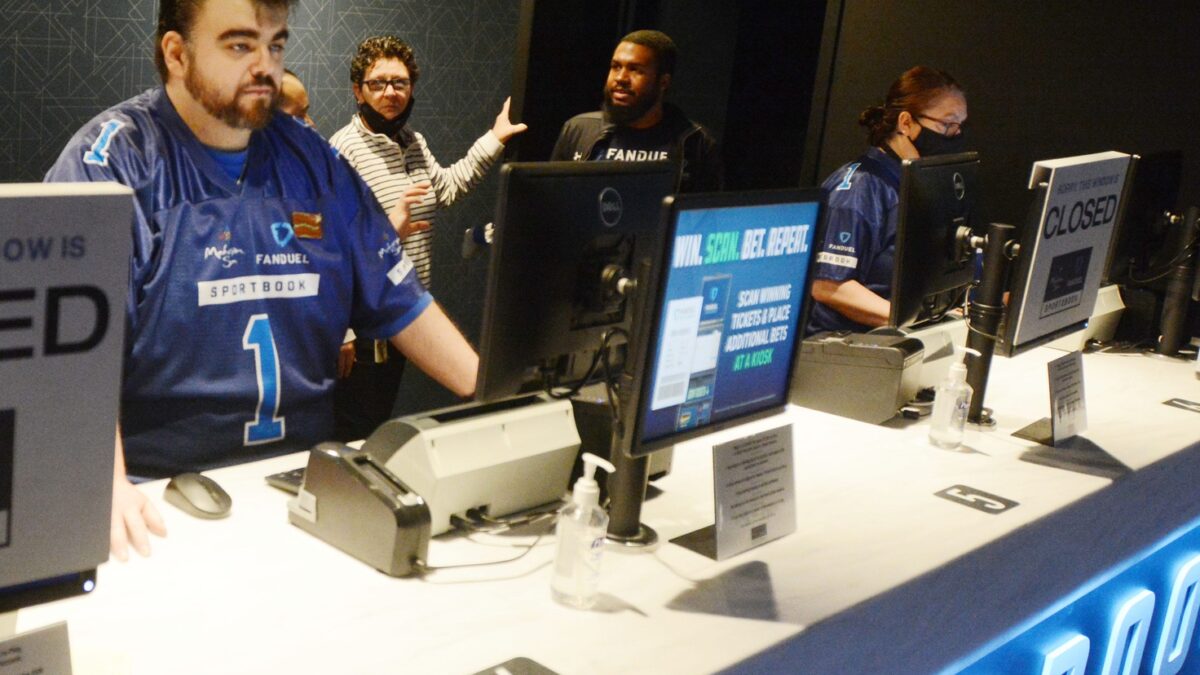
Kansas Blitzes for September Sports Gambling Kickoff
May 13, 2022
Missouri and Illinois Sports Betting News
May 16, 2022Maine is known as Vacationland. The state’s small towns, beaches, harbors, and islands, make it a PERFECT spot to get away from it all. Now Maine has added another attraction to its marquee. Sports Gambling is legal and coming to the Pine Tree State. And although Maine is not known as a gambling mecca, that can soon change. Nothing goes better with a vacation than sports betting.
The proposed Maine sports betting bill managed to get by the Senate, 23-11, on the last possible night of the 2022 legislative session, just one week after the House advanced it. Maine Governor Janet Mills signed the bill at the beginning of May. The bill would grant online licenses to each of the state’s four federally recognized Indian tribes (Penobscot, Passamaquoddy, Micmac, & Maliseet), allowing them to partner with one commercial sportsbook brand apiece.
But despite all of the recent developments, it’s unlikely that mobile or retail betting will go live in Maine for a few months. Representatives of the Maine Gambling Control Unit recently stressed that this is only the beginning of a rather lengthy process. Gambling is not as big in Maine as it is in other states. When LD 585 is put into play, the state could see some major changes begin to take place.
Previously, it was feared that sports betting in Maine might be a long shot after Gov. Janet Mills vetoed a bill in early 2020. Frustrated would-be bettors in the Pine Tree State can let any lingering animosity go, though, as Mills signed LD 585 to allow retail and online sportsbooks in the state.
Actual sports betting action is expected to be available for football season. The bill signed into law recognizes the tribes’ exclusivity in the mobile market.
“This law provides meaningful economic opportunities for the Wabanaki Nations. It incentivizes investment in Tribal communities, and it formalizes a collaboration process on policy that sets the foundation for a stronger relationship in the future,” Mills said
The new law also allows Maine’s two land-based commercial casinos, Hollywood Casino in Bangor and Oxford Casino, to offer in-person wagering on their premises. There are also a limited number of in-person licenses for racetracks and off-track betting facilities.
Mobile operations are expected to account for around 85% of the sports betting market once it launches. Sports betting was part of a wider legislative package designed to afford more sovereign rights to the Penobscot Nation, the Passamaquoddy Tribe, the Houlton Band of Maliseet Indians, and the Mi’kmaq Nation, collectively the Wabanaki confederation.
The tribes were recognized by a 1980 land settlements bill that afforded them a narrower version of sovereign rights enjoyed by many other Native American tribes, including the right to organize gaming. Under the 1980 law, their reservations are currently treated like municipalities, which means they are subject to state laws.
Once licensed, the tribes would be free to build their own mobile sportsbook or partner with an outside operator.
Maine’s most recent attempt at legalizing sports betting in the state has several key components. First, four online licenses will be distributed to each of the state’s Wabanki Nations, including the Penobscot, Passamaquoddy, Micmac, and Maliseet tribes.
Next, each tribe can partner with one commercial sportsbook provider. This feature will set up the market to feature just four online betting options. Each tribe will pay a 10% tax on gaming revenue. The license renewal will also be required and will cost $200,000 every four years. Commercial partners will need to contribute $40,000 on top of that.
Additionally, Maine’s retail casinos can apply for a sports betting license. However, it will only include in-person wagering. Retail permits will cost $4,000 to renew every four years. Four additional retail licenses will also be available, allowing off-track betting facilities and other tracks to submit a request if they wish to do so.
Specifically, betting on in-state college teams will be prohibited. There is a minimum age of 21 to wager on sports. Bettors must be physically located in the state to wager but can sign up for an account from anywhere. Remote registration will likely be allowed but is not explicitly addressed in the bill.
Every day through June, the top sports betting odds and picks can be accessed and made at SugarHouse.





